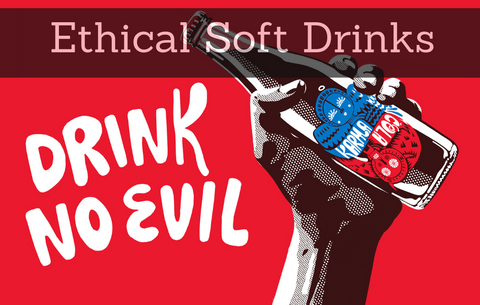Veganism, what was once considered an underground counter-culture, is now becoming a common ethical lifestyle. According to The Economist, 2019 will see a significant boom in people transitioning to a vegan lifestyle. Currently, 25% of people aged 25 to 34 claim to be vegan and the number continues to rise. Veganism is no longer considered a fad or something to be dismissed as major companies like Tyson and even McDonalds are vying to compete in the vegan market. Not only are companies embracing veganism, but government agencies are as well.
America’s second largest school district, the Los Angeles Unified School District, began offering vegan meals in all its schools during the 2018-2019 school year. The American Medical Association has also increased pressure on hospitals across America to start offering vegan options to their patients as well. While it might be some time before we see a wide-spread government acceptance of veganism, the European Commission’s 2019 decision to begin formally defining what counts as vegan and vegetarian offers some hope of legal certainty. But many people continue to misunderstand the intent of veganism. This increase in popularity of veganism does not solely lie in the idea of animal rights but is also born out of an increased focus on overall health and sustainability across an overwhelming majority of millennials.
So where do organic sodas fit into all of this? For starters, it is a common misconception that all soft drinks are vegan-friendly. Some sodas do contain small traces of fish-based gelatin and some juices, typically grape juice, undergo the process of clarification, which uses gelatin made from bovine skin. But beyond this, a majority of soft drinks are, in fact, vegan-friendly. However, despite not using certain animal products, traditional soft drink companies still do not line up with a lot of the same values and practices as a vegan lifestyle does. Looking at other factors, like sustainability and health concerns, the traditional soda industry still seems archaic in their approach.
While the products themselves are not considered “more vegan” than traditional sodas, organic soft drink companies manufacture beverages while keeping key vegan principles on the forefront of their mind, including creating healthier options and lessening their environmental impact. Many smaller organic soft drink companies have moved far away from loading their drinks with high-fructose corn syrup and enough sugar to bury a small island like old-school sodas tend to do, and into more natural forms of sweeteners and other ingredients that are found in nature. This focus on natural ingredients helps to create the soft drink experience that many people know and love while simultaneously lessening the adverse long-term health effects that come with traditional sodas. Organic and natural soft drinks are the perfect way to transition away from drinks that are harmful to a person’s body (for a generation that grew up drinking sodas but has found itself more focused on their health) after decades of being deceived by large beverage corporations.
Similarly, the organic soft drink industry seeks to lessen the damage done to the environment by old school soft drink manufacturers. Not only are the ingredients themselves harvested in a way that does significantly less damage to the environment, but the packaging of many organic soda makers is often more sustainable than not. Traditional soda companies package their sodas in aluminum cans or plastic bottles, where organic soda companies more often use glass containers, which can be reused in many different fashions, or just recycled. The traditional soda market fell into the same trap that much old-school food and drink companies did: treating all resources as renewable and ignoring the impact that their manufacturing had on the world. Smaller organic soda companies have dedicated a lot of their time to creating their product with the least environmental impact as possible.
Ultimately, the significant rise in veganism across millennials is exceptionally beneficial to the organic soda market. As the number of people who care about what they are ingesting rises, organic soft drinks will become a more popular choice across an expanding market. With a focus on health, conserving the environment, and making overall smarter, more beneficial decisions, it is easy to see the direction in which the beverage industry, and society as a whole, is moving.


